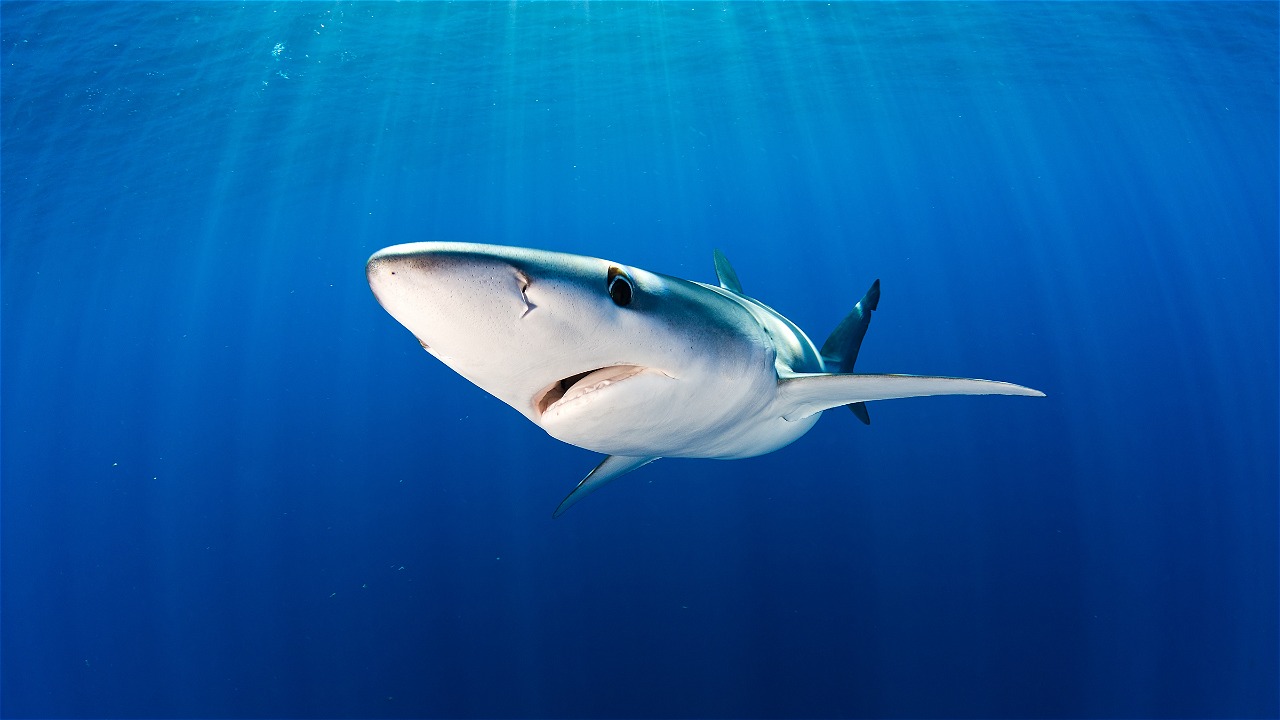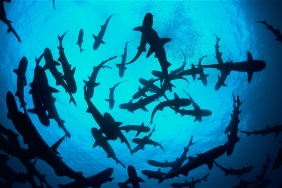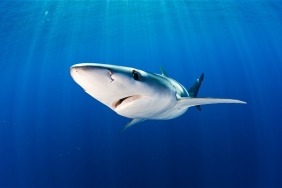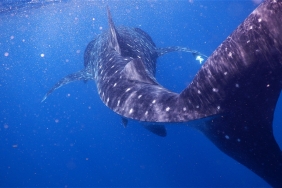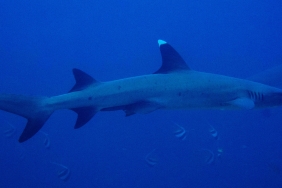RESEARCHERS READY TO COLLECT DATA TO REGULATE SHARK AND RAY MANAGEMENT
The image of the shark as a beast that started with the movie Jaws has stuck in people's minds, making it an evil animal that preys on humans. Despite facts proving otherwise, this key species that serves as the apex predator in the tropic level of the sea is still being hunted to almost the point of extinction. Even though the existence of sharks determines the balance of the ecosystem in a water area.
Manta Rays, one of the protected species of rays, also have high economic value for underwater tourism which continues to be the target of poachers at sea. Sharks and Manta Rays, both have important ecological aspects with a very wide distribution of habitats, ranging from the shallows of coastal waters, continental shelves and slopes, to the deep ocean.
The incessant poaching of this group of cartilaginous fish or Elasmobranchii - sharks and rays - has become an international scourge since 2013. This happened after the inclusion of several species of sharks and manta rays in Appendix II of the Convention on International Trade in Endangered Species (CITES).
The inclusion of sharks and manta rays in CITES is related to the high level of exploitation of various shark and ray species, both as target catch and bycatch (bycatch). If this exploitation is allowed to continue, it can cause a drastic decline in shark and ray populations and take a long time to recover.
The health of oceans and fisheries undoubtedly depends on the presence of sharks and rays. Growing very slowly and taking many years to reach adulthood (Hoeve, 1988), these two species require concrete action plans from all parties for the sustainability of the marine economy in Indonesia.
The Importance of Scientific Studies in Conservation Efforts
The limited scientific information related to shark and ray resources in Indonesia is one of the reasons why it is difficult to conserve and manage sharks and rays sustainably. Therefore, WWF-Indonesia in collaboration with the Ministry of Maritime Affairs and Fisheries (KKP) organized the Shark and Ray Symposium in Indonesia which is open to the public.
This scientific forum will be one of the efforts to capture the results of research on shark and ray resources conducted in Indonesia. The results of the symposium are also expected to be used as materials to support the national plan of action for shark and ray management (National Plan of Action - NPOA Shark and Ray).
Encouraging trade quotas and overseas export bans for sharks and rays; seeking the establishment of shark and ray protection areas in several potential places in Indonesia; and creating guidelines for handling shark bycatch are some of the conservation efforts that have been made to protect sharks and rays for ecosystem balance. The data collected in this symposium will serve as a foundation to strengthen the conservation efforts that have been carried out so far and can extend the sustainability of sharks and rays.
For more information about the Indonesian Shark and Ray Symposium, please download the leaflet at here.
Author: Novita Eka Syaputri (Seafood Savers Communication Assistant)

